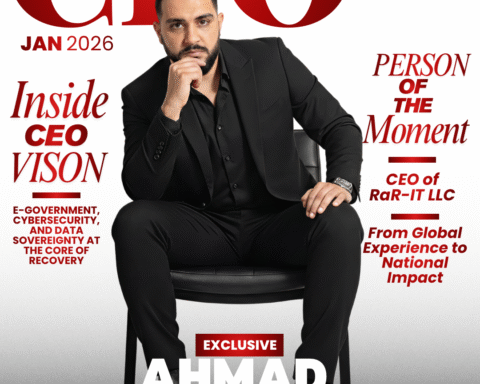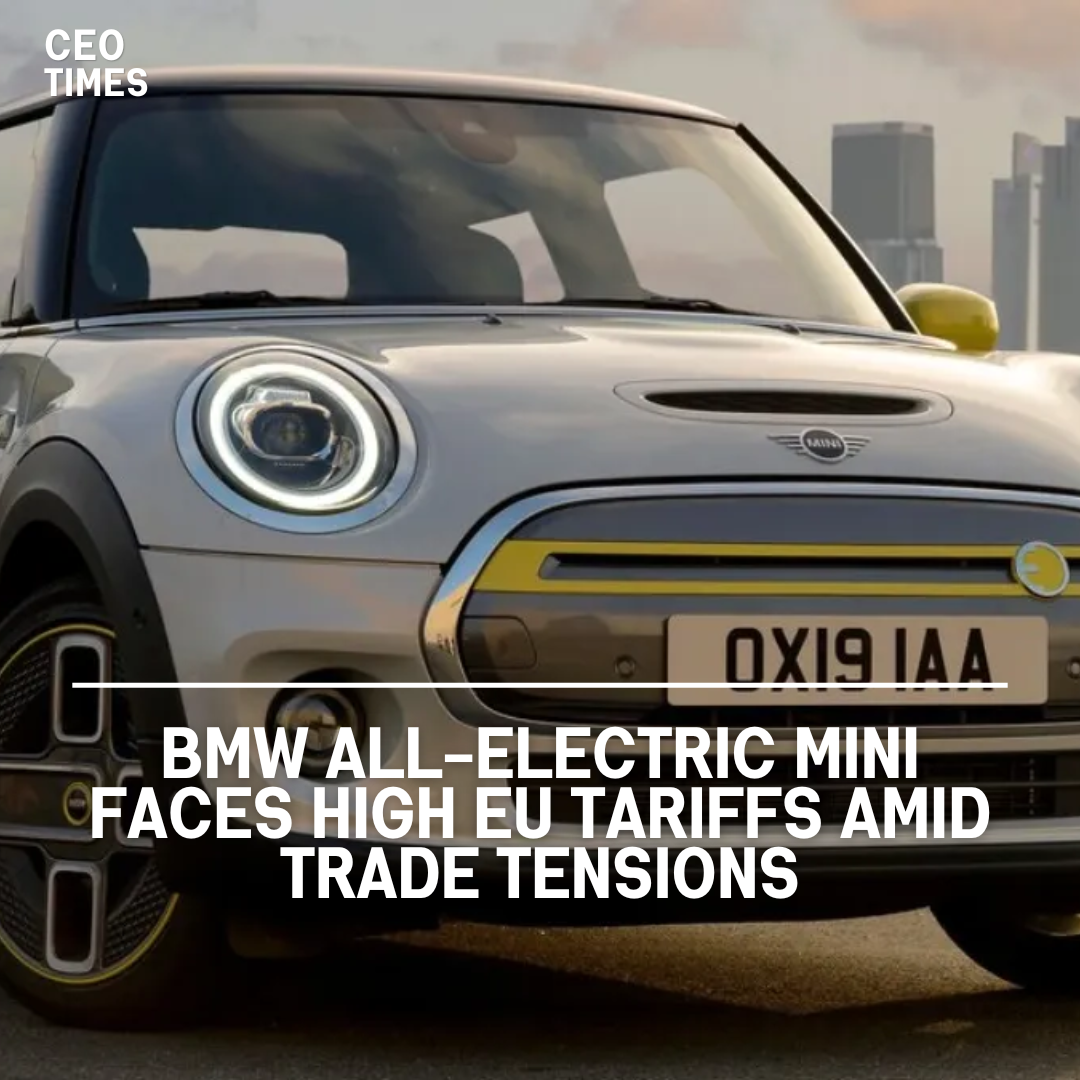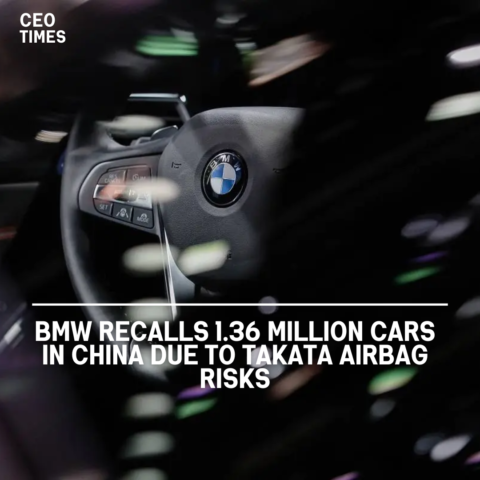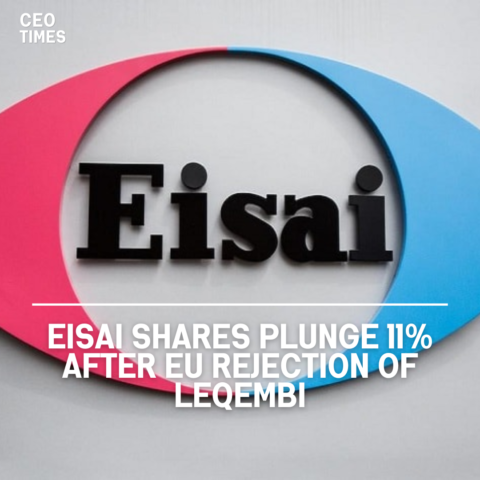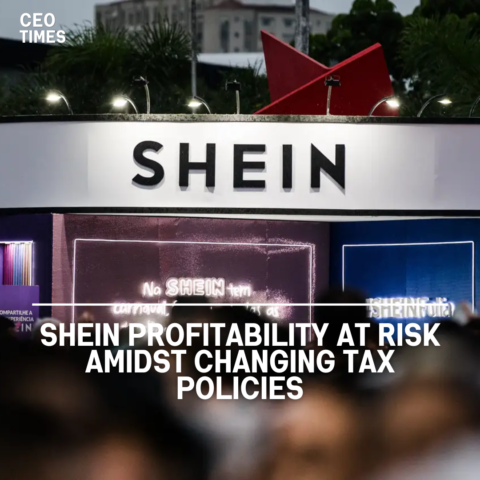A source familiar with the matter reported that the BMW all-electric Mini, manufactured in China, is expected to be subjected to the highest tariff rate of 38.1% under the European Union’s provisional plans. This substantial tariff could significantly impact the mid-range car’s sales prospects in Europe.
Production and Investigation Details:
The mass production of the 35,000-euro ($37,345) vehicle, produced through a joint venture between BMW and China’s Great Wall Motor Co Ltd, began late last year.
This commencement coincided with the EU investigating electric vehicles imported from China. Due to the early stages of production, the joint venture could not meet the detailed survey requirements set by the European Commission to qualify as a cooperating company in the investigation.
Tariff Rates and Cooperation:
Companies cooperating with the EU’s investigation were subjected to lower tariffs ranging from 17.4% to 21%.
This includes BMW Brilliance Automotive, another BMW joint venture producing the electric iX3 for export to Europe since 2021.
The European Commission’s document indicated that non-cooperating companies would face the highest tariffs, and the recent BMW-Great Wall Motor JV fell into this category.
Industry Reactions and Potential Trade War:
BMW declined to comment on the situation. However, BMW CEO Oliver Zipse criticized the tariffs earlier this week, aligning with other German carmakers’ concerns about a potential trade war that could result in retaliatory tariffs on German cars exported to China.
The European Commission confirmed that joint ventures producing cars in China would be subject to duties but did not clarify if newer ventures could benefit from lower rates.
Impact on Sales and Carbon Emissions Targets:
The imposition of a 38.1% tariff on the Mini, planned for export from China to Europe, threatens to hinder sales. This comes at a critical time when BMW relies on electric vehicle sales to meet stringent carbon emissions targets.
The high tariff could make the Mini less competitive in the European market, affecting BMW’s overall strategy.
Next Steps and Potential Resolutions:
The deadline for imposing provisional measures is July 4. After that, the investigation will continue until late October.
This period provides an opportunity for negotiations between Beijing and Brussels to potentially mitigate the tariff’s impact.
Additionally, companies can submit comments and request hearings once the provisional duties are applied, allowing for further discussion and possible adjustments.


